Ben Franklin Improves Life for His Fellow Citizens
Benjamin Franklin made his money in the printing business, but his true calling was as a man devoted to understanding and improving all aspects of life. Franklin’s interests and innovations stretched from the areas of civics to morals to science to home improvements. His efforts left the world a better place.
Franklin was largely self-educated, having only received two years of formal schooling, but he recognized the need to improve one’s mind. In 1727, at the age of 21, Franklin established the Junto, or Leather Apron Club, in Philadelphia for the purpose of helping “like minded aspiring artisans and tradesmen improve themselves.”
In keeping with Franklin’s open-mindedness, the members came from many walks of life and had a diverse set of views. The Junto included surveyors, a glazier, a cabinetmaker, several merchants, and others in the printing business. Interestingly, to ensure members, including Franklin, discussed issues in a civil manner, penalties were imposed for being too argumentative.
The goal of the club was to delve into the moral, political, and scientific matters of the day and find ways the men could improve their city. Additionally, every three months each member was required to read an essay of his own composition on a topic chosen by that member.
From this group, Franklin conceived the idea of sharing books among the members to broaden their knowledge. However, books were expensive, mostly coming from London, and the members were men of modest means. This mini library allowed them to pool their resources and led to the creation of the Library Company of Philadelphia in 1731. Today, it is a well-known research center housing over 500,000 books, including a large portion of Franklin’s personal collection.
Frank H. Taylor. "The Old Structure at Fifth and Chestnut Streets and Philosophical Hall.”
The Junto succeeded so well that Franklin, in 1743, suggested an intercolonial society along the same lines but more focused on new scientific discoveries and theories. It provided a great forum for men of science and led to the creation of the American Philosophical Society, the oldest learned society in the United States. Its early members were a “who’s who” of our Founding Fathers and included our first four Presidents, George Washington, John Adams, Thomas Jefferson, and James Madison.
Franklin was also instrumental in establishing higher education in Philadelphia. In 1749, Franklin and others founded the Academy of Philadelphia, as a private secondary school. In 1755, the Academy’s charter was amended to allow for advanced degrees and the College of Philadelphia was founded. Just ten years later the College’s Medical School was started, the first of its type in America. From these humble beginnings, the University of Pennsylvania was created in 1791.
Besides all this, Franklin and his friend, Dr. Thomas Bond, in 1751, obtained a charter to establish Pennsylvania Hospital, one of the first public hospitals in what was to become the United States. Its mission was to provide a place for the poor to get medical help free of charge. It also became a leading teaching hospital and was ahead of its time in dealing with the mentally ill.
In 1752, Franklin organized the Philadelphia Contributionship, the oldest property insurance company in the United States. Still based in Philadelphia, it was designed by Franklin as a mutual insurance company, primarily to prevent catastrophic losses due to fire.
Interestingly, in December 1736, Franklin had created the Union Fire Company, one of America’s first volunteer fire fighting brigades, to help avoid devastating fires like the one London had experienced in 1666. As was often the case, Franklin initially promoted the idea of forming this club in his newspaper, The Pennsylvania Gazette.
He even created a fictitious character named “A.A.” who sent a letter to the editor (Franklin) advising readers of the need to form these groups for the common good. Ever mindful of opportunities to cross promote, A.A. noted that “an ounce of prevention was worth a pound of cure” something taken from Franklin’s Poor Richard’s Almanack.
Franklin instituted training for the members of the Union Fire Company and required all to provide two leather buckets for toting water and four cloth bags for rescuing goods. Franklin’s example was soon copied, and other clubs sprang up in the city. It was one of Franklin’s proudest accomplishments, writing near the end of his life that “since those institutions (were created), the city has never lost by fire more than one or two houses at a time.”
But perhaps Franklin’s most important civic task was getting the Pennsylvania legislature to authorize and fund an “Association” of volunteers, or militia, in 1755 to defend the colony from Indian attacks. Despite resistance from the Penn family, the Proprietors of Pennsylvania, and the governor, Robert Morris, Franklin was able to sway public opinion by using articles he wrote and published in The Pennsylvania Gazette.
Next week, we will talk about Ben Franklin as early America’s foremost inventor and scientist. Until then, may your motto be “Ducit Amor Patriae”, Love of country leads me.

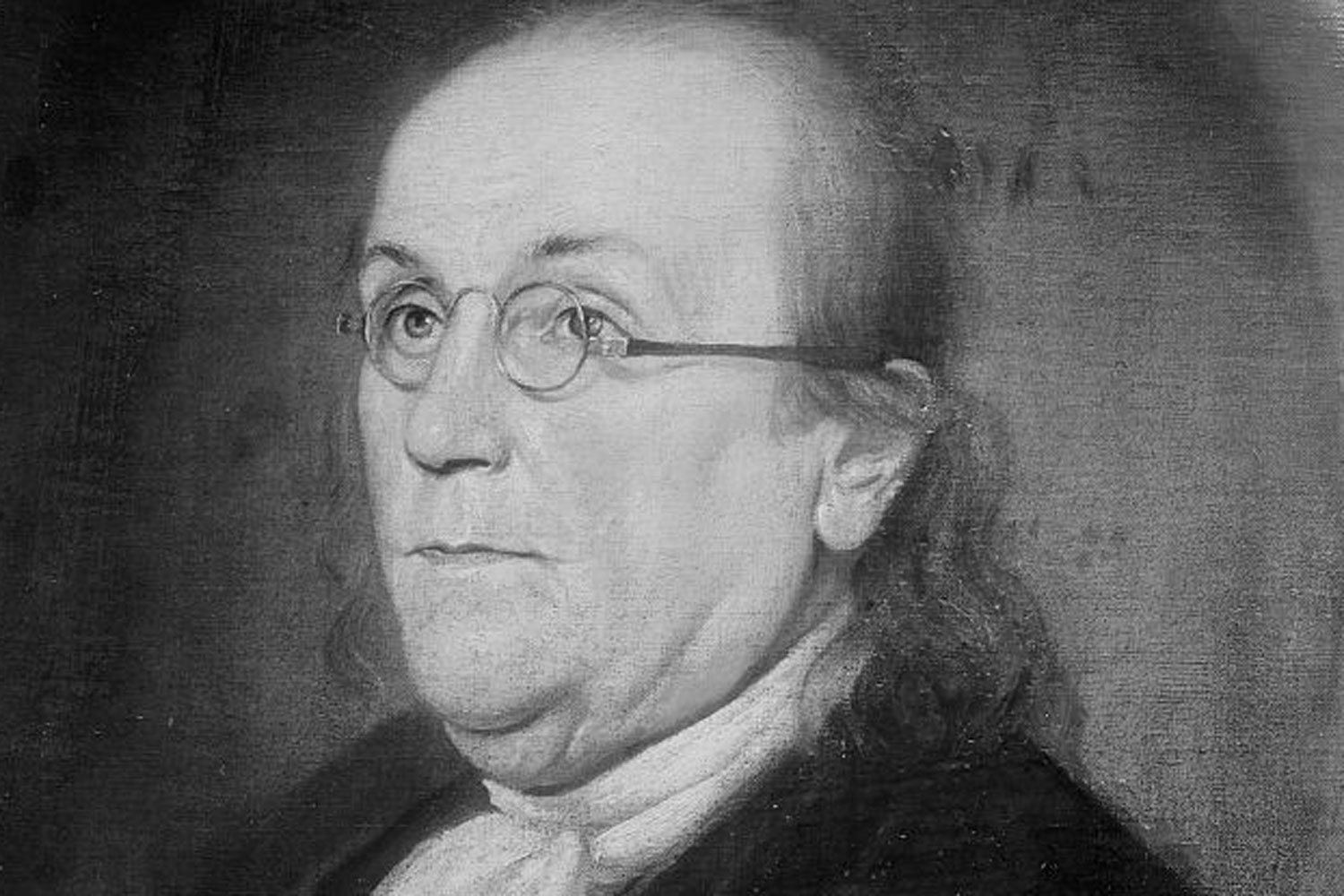

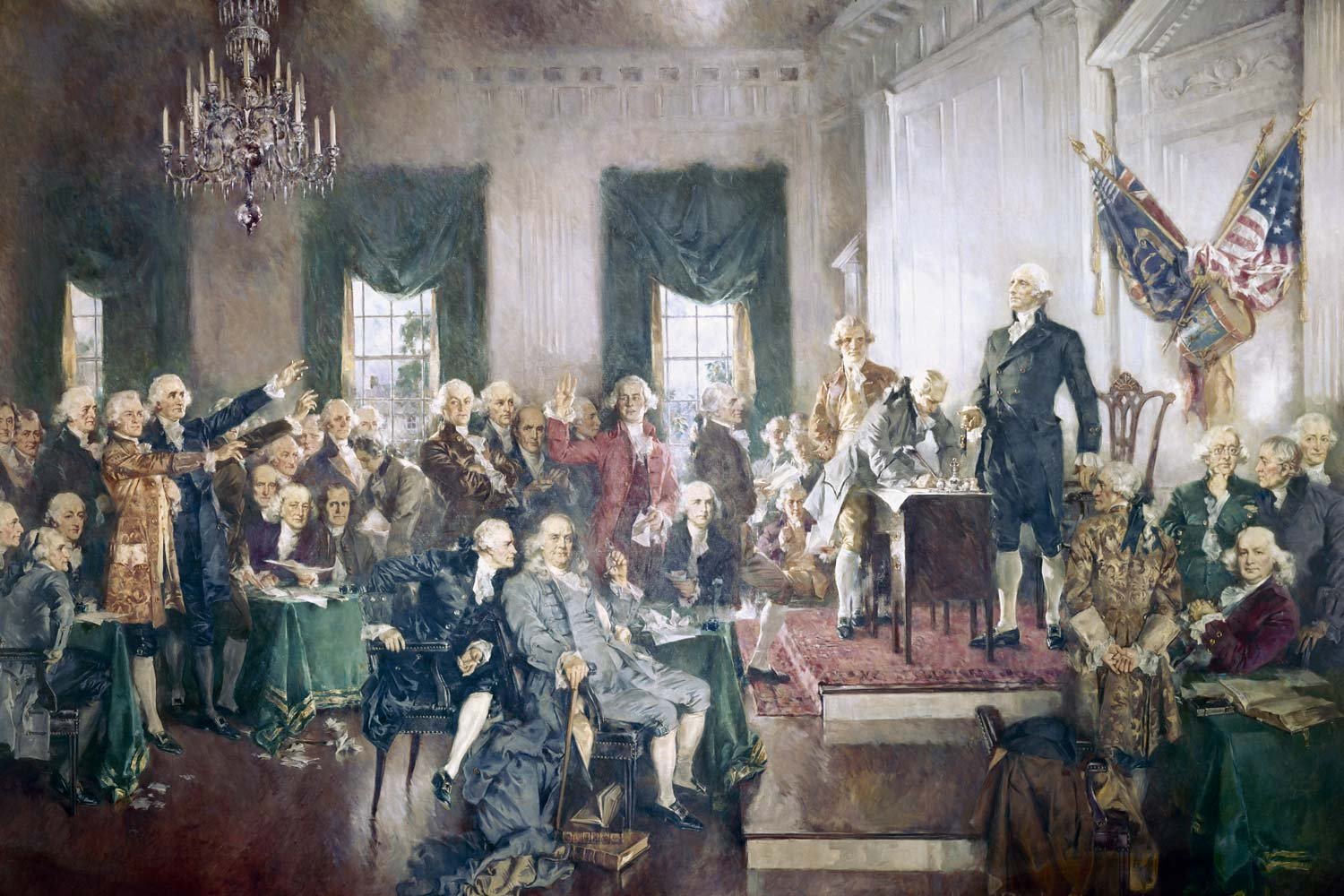
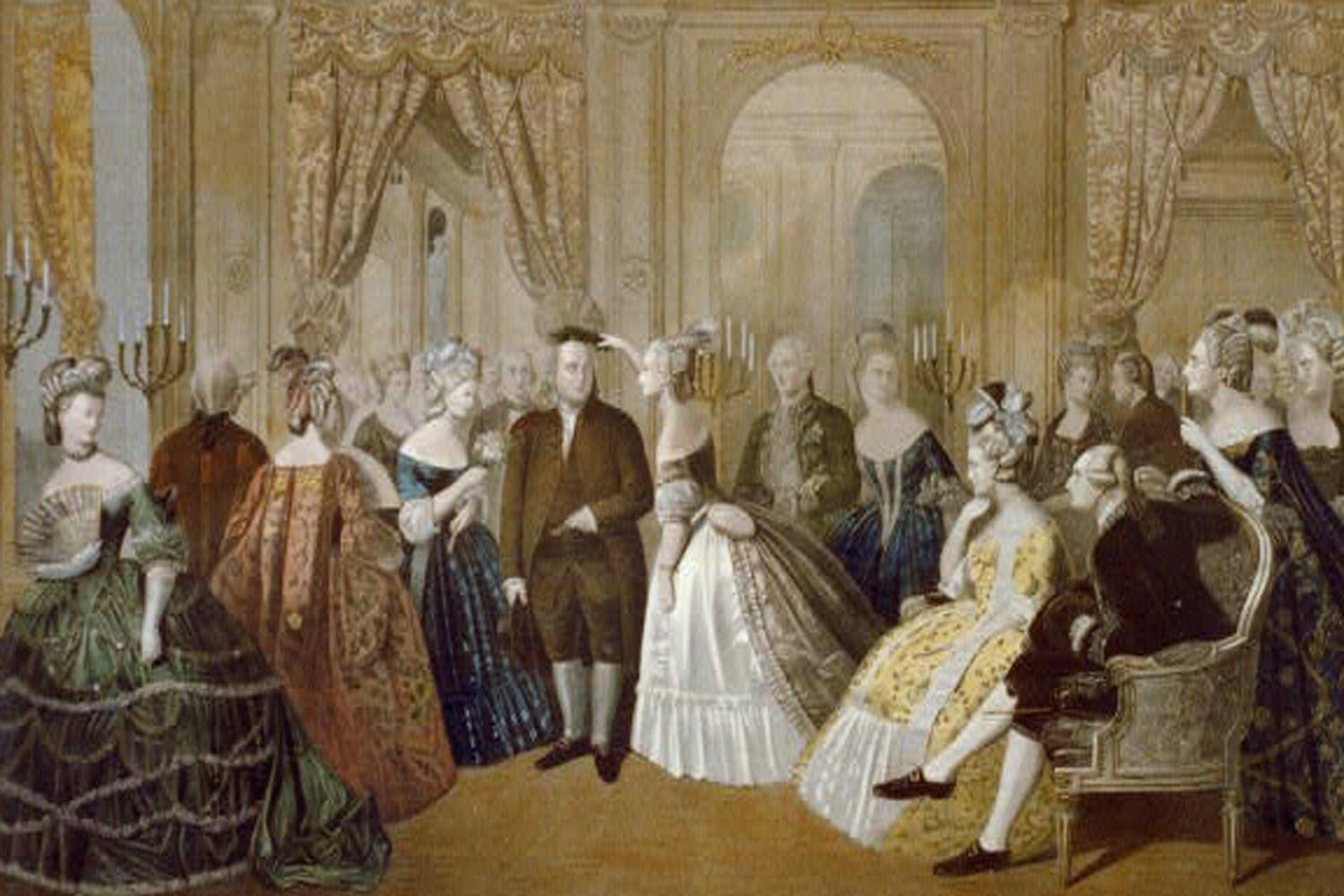
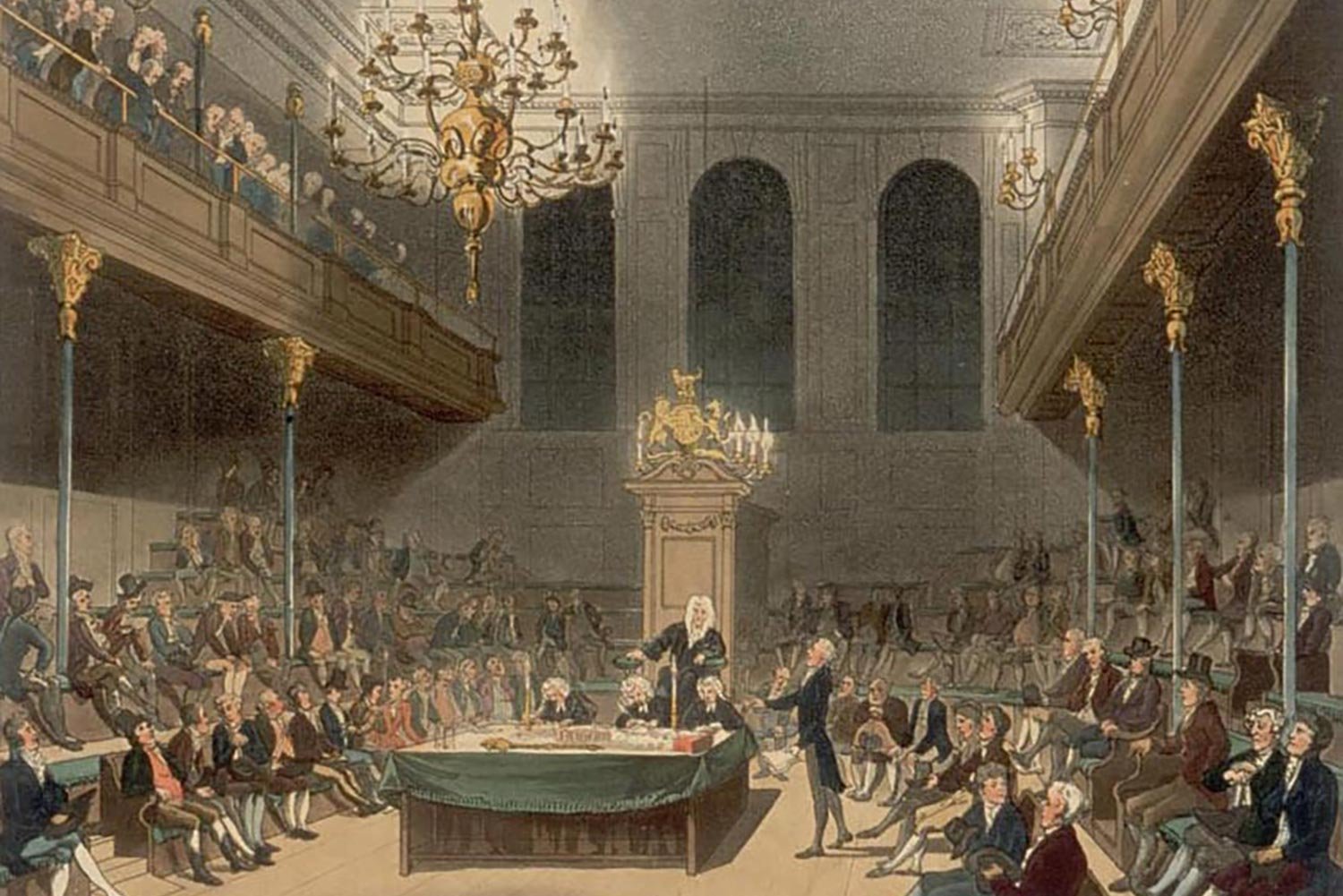
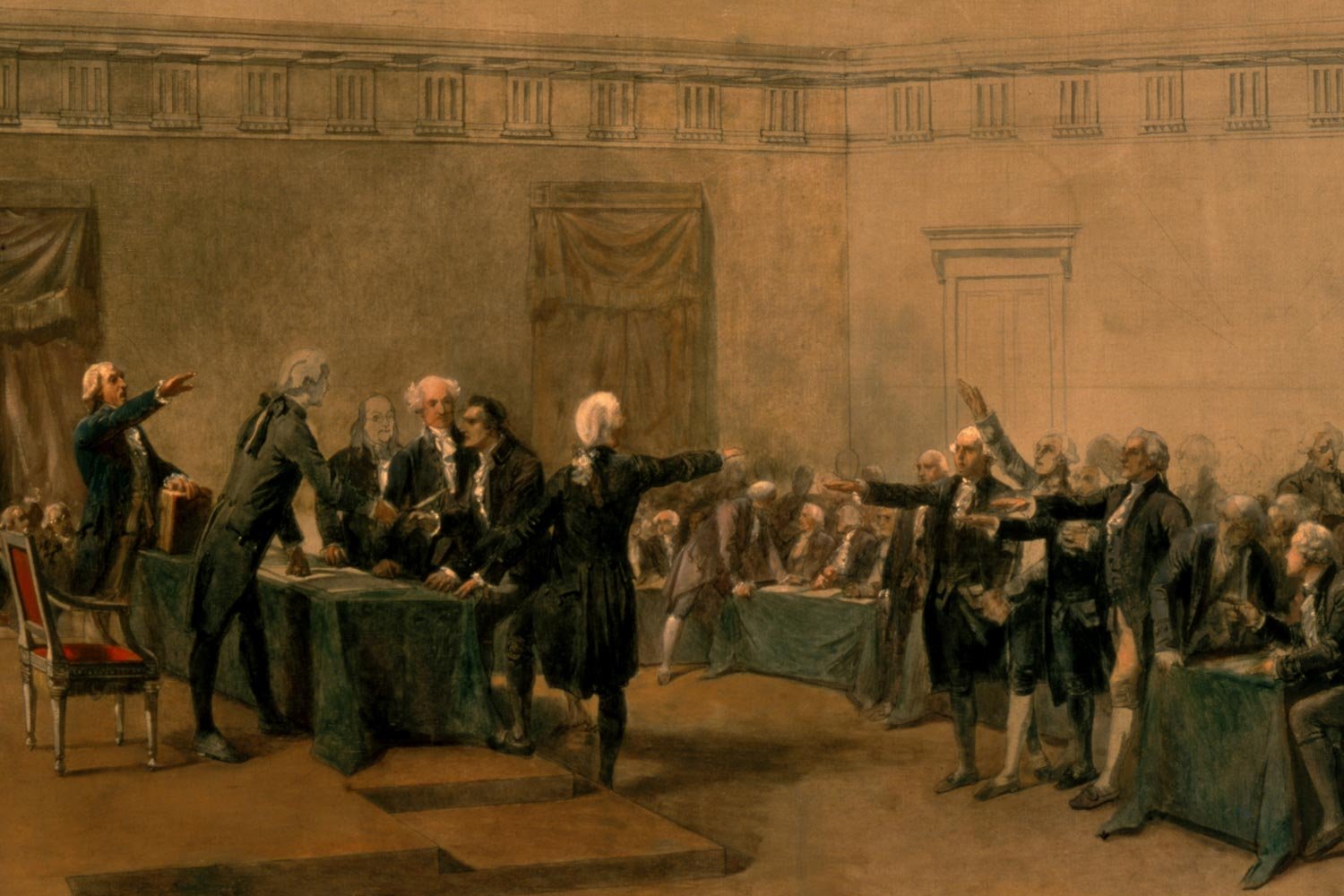
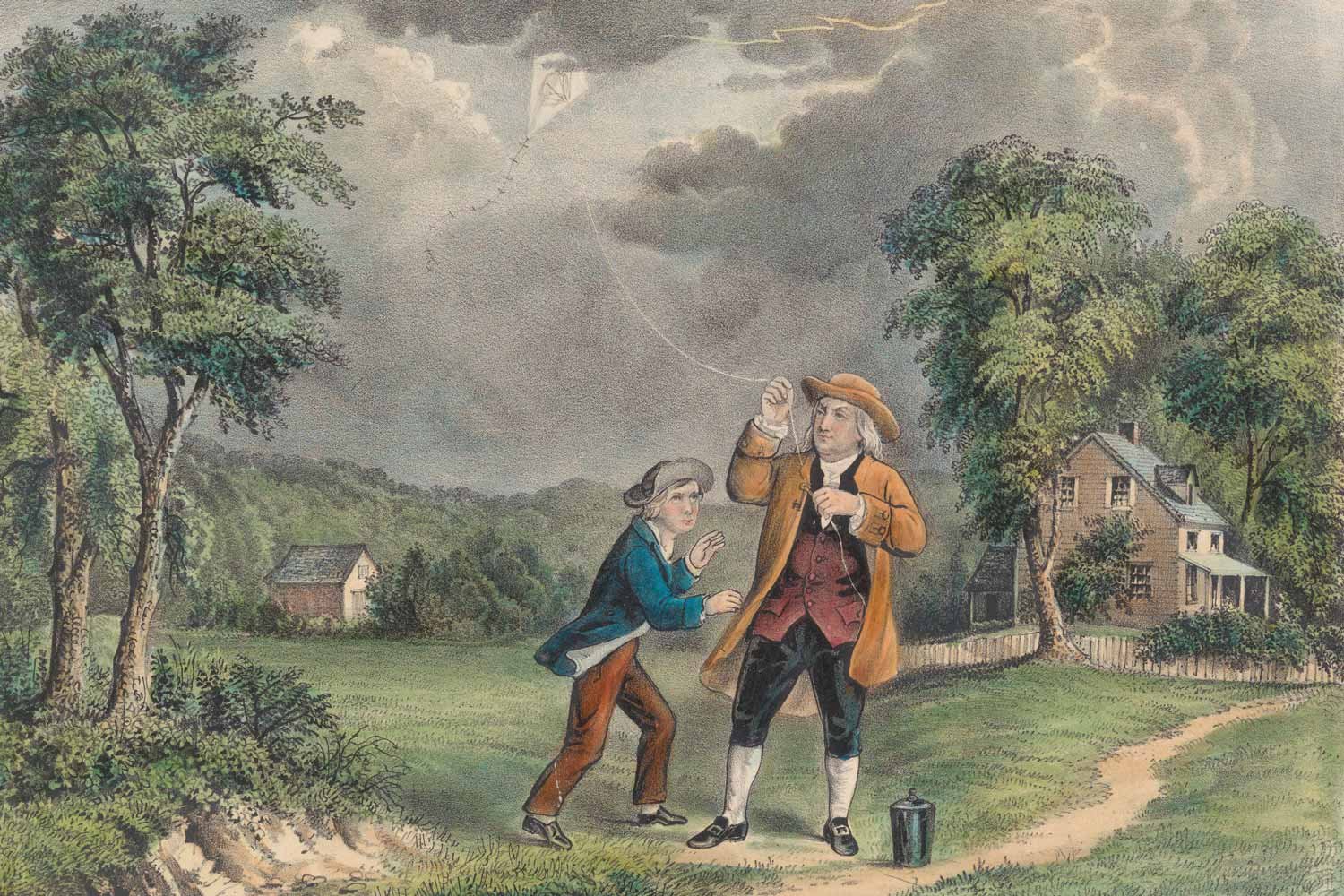
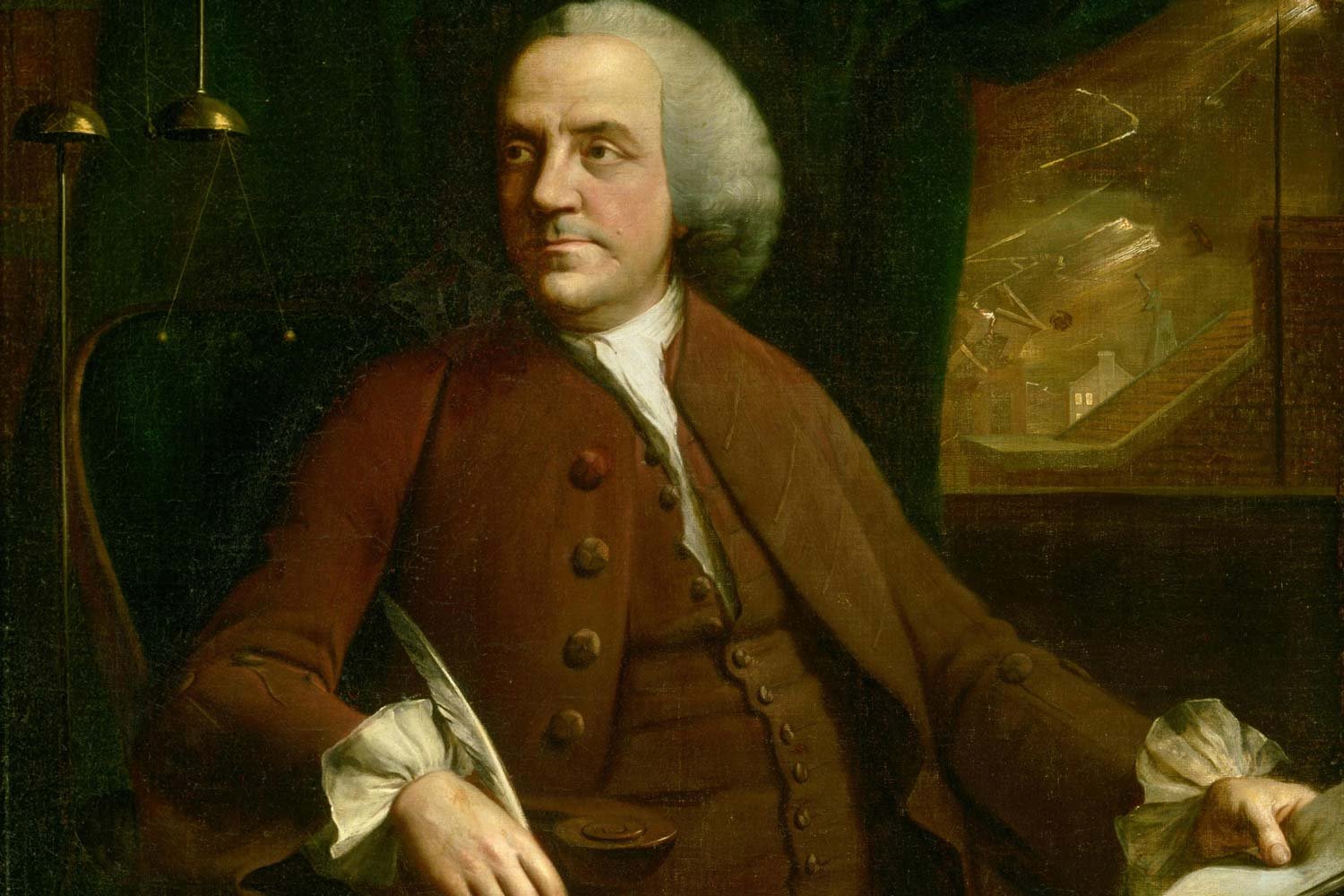
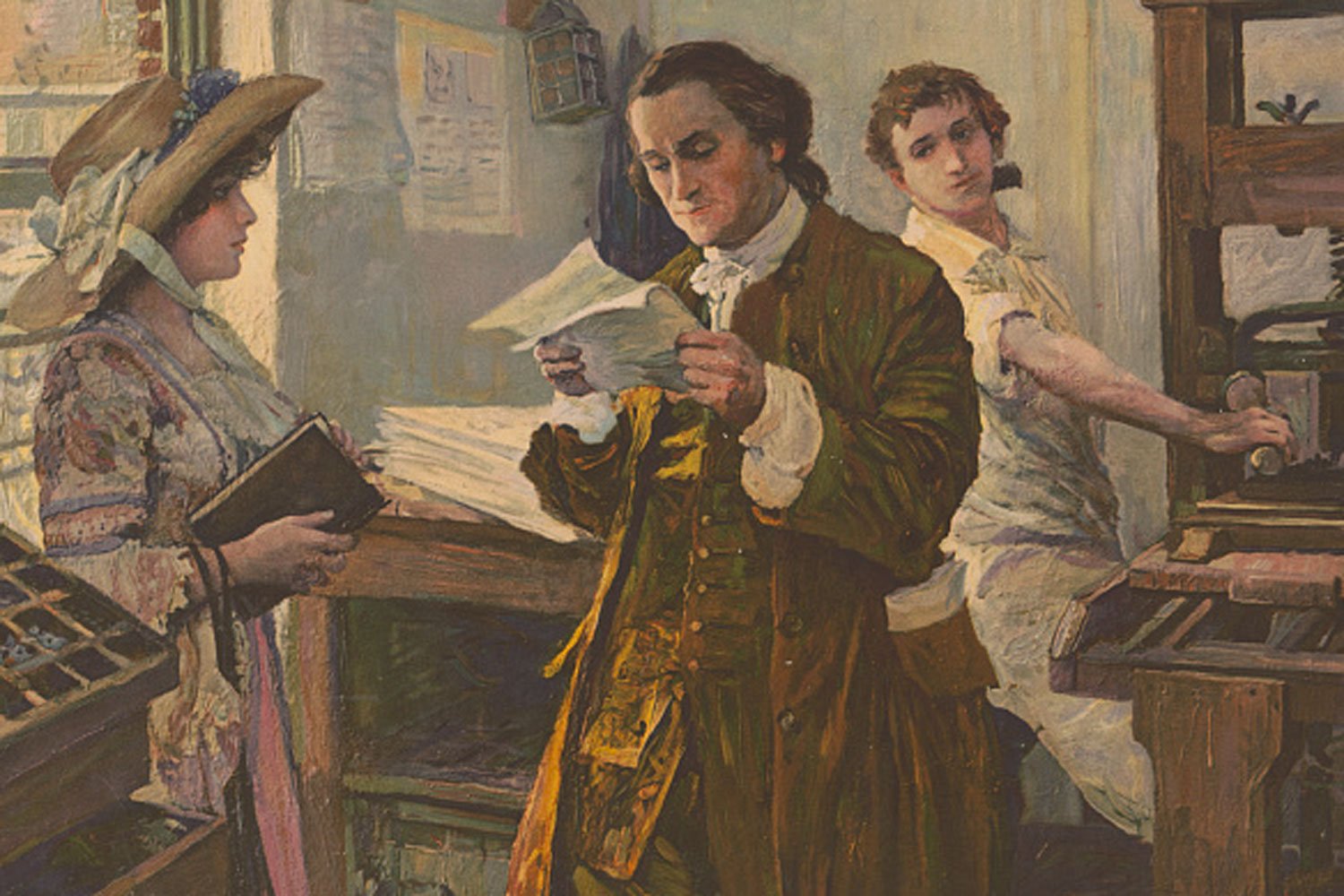

The Constitutional Convention adjourned on September 17, 1787, and would be Benjamin Franklin’s last moment in the spotlight of American history. It was a fitting finale for this man who had done so much to shape the nation in which he lived. Franklin was 81 years old, in poor health, and hoped for a well-deserved rest.